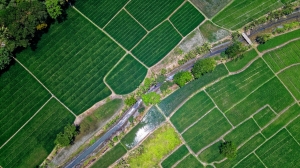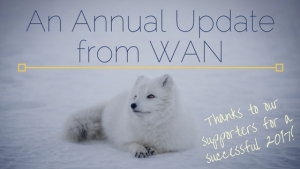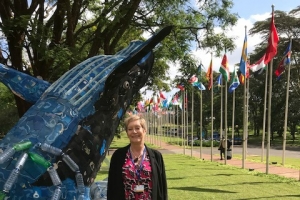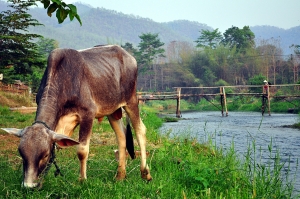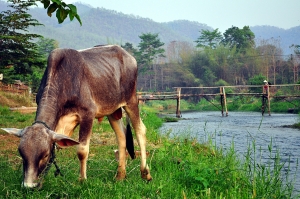- Home
- Directory
-
Our Programs
-
Strategic Advocacy Course
- Collaborations
- Humane Education
- International Policy
-
Model Animal Welfare Act
- Get the Book!
- Contents
- Part 1: Guiding Principles - A Broad Overview
- Part 2: Proposal for the Wording of a New Animal Welfare Act
-
Part 3: Explanatory Notes
- Notes to Chapter 1: Preliminary Provisions
- Notes to Chapter 2: General Provisions
- Notes to Chapter 3: Keeping of Animals/Care of Animals
- Notes to Chapter 4: Specific Categories of Animal Use
- Notes to Chapter 5: Implementation and Enforcement Provisions
- Notes to Chapter 6: Penal and Final/Concluding Provisions
- Constitution Project
-
Strategic Advocacy Course
-
Resources
- Events
- About Us
- Blog
Displaying items by tag: United Nations Environment Programme
Final Theme Selected for the 2021 United Nations Environment Assembly
A Successful 2017 for World Animal Net!
This year has been a year of substantial growth and development of WAN’s work and role in the animal protection movement. At the beginning of the year we assessed and refined our strategy, which includes three main Pillars:
WAN Works Hard for Animals at the UN Environment Assembly!
The third session of the United Nations Environment Assembly (UNEA-3) took place from 4-6 December 2017 at the United Nations Office in Nairobi, Kenya, under the overall theme “Towards a Pollution-Free Planet”. Over 4,300 delegates participated in UNEA-3 and its related events, including 1,197 delegates from more than 170 Member States, 711 representatives of Major Groups and other stakeholders, and 94 intergovernmental organisations.
Final Preparations for the United Nations Environment Assembly in Nairobi
WAN is now making final preparations for our attendance next week of the United Nations Environment Assembly (UNEA) in Nairobi, Kenya. United Nations Environment, which hosts UNEA, is the leading environmental policymaking body globally. The theme of this year’s UNEA is pollution, and so WAN is looking to use this opportunity to raise awareness of the significant contribution to pollution of animal agriculture.
World Animal Net Prepares for United Nations Environment Assembly 3
What, When, Where, Who?
At the moment, World Animal Net (WAN) is busy preparing to attend the United Nations Environment Assembly 3 (UNEA 3), which takes place in Nairobi, Kenya from 4-6 December. This year’s UNEA, which is the biennial event convened by UN Environment, is themed “Towards a Pollution-Free Planet” and brings together environmental ministers from member states around the world to find consensus on actions to globally solve the issue of pollution. In addition, this forum is a great opportunity for animal advocates to raise the issue of industrial animal agriculture, which is a major contributor to pollution of air, soil, and water, as well as being one of the major drivers of climate change.
World Animal Net Gains Accreditation at the United Nations Environment Assembly
World Animal Net (WAN) is pleased to announce that we now have received formal accreditation as a Nongovernmental Organization (NGO) at the United Nations Environment Programme (UNEP). While WAN has held consultative statues with the United Nations Economic and Social Council since 2001, this new accreditation unlocks opportunities for advocacy for animals within another body of the United Nations (UN).

